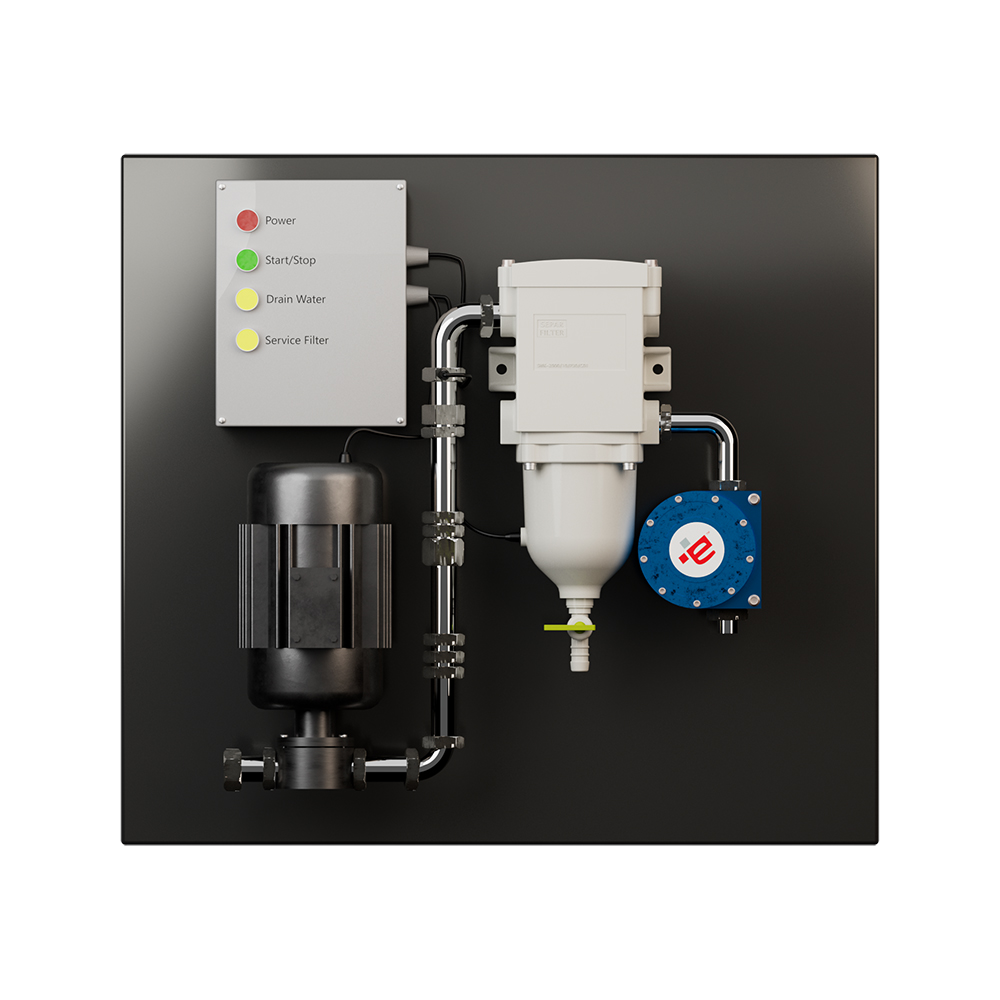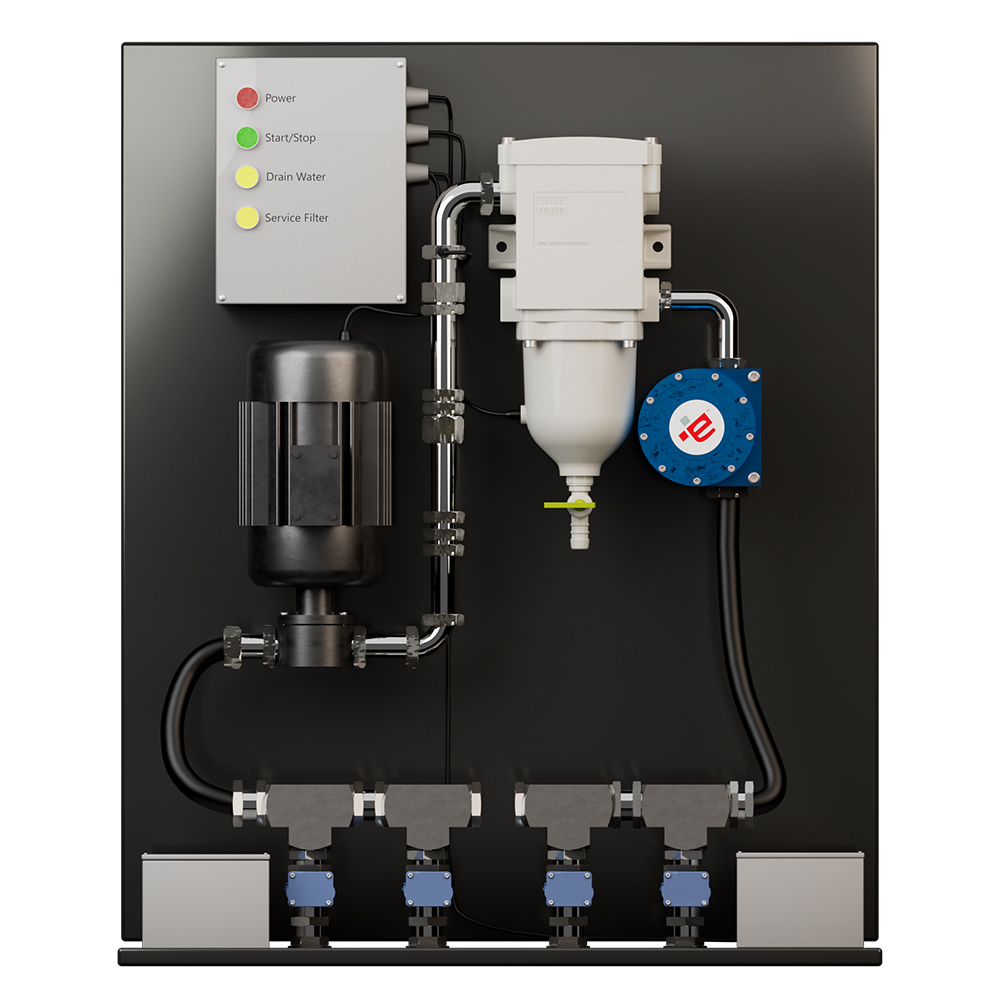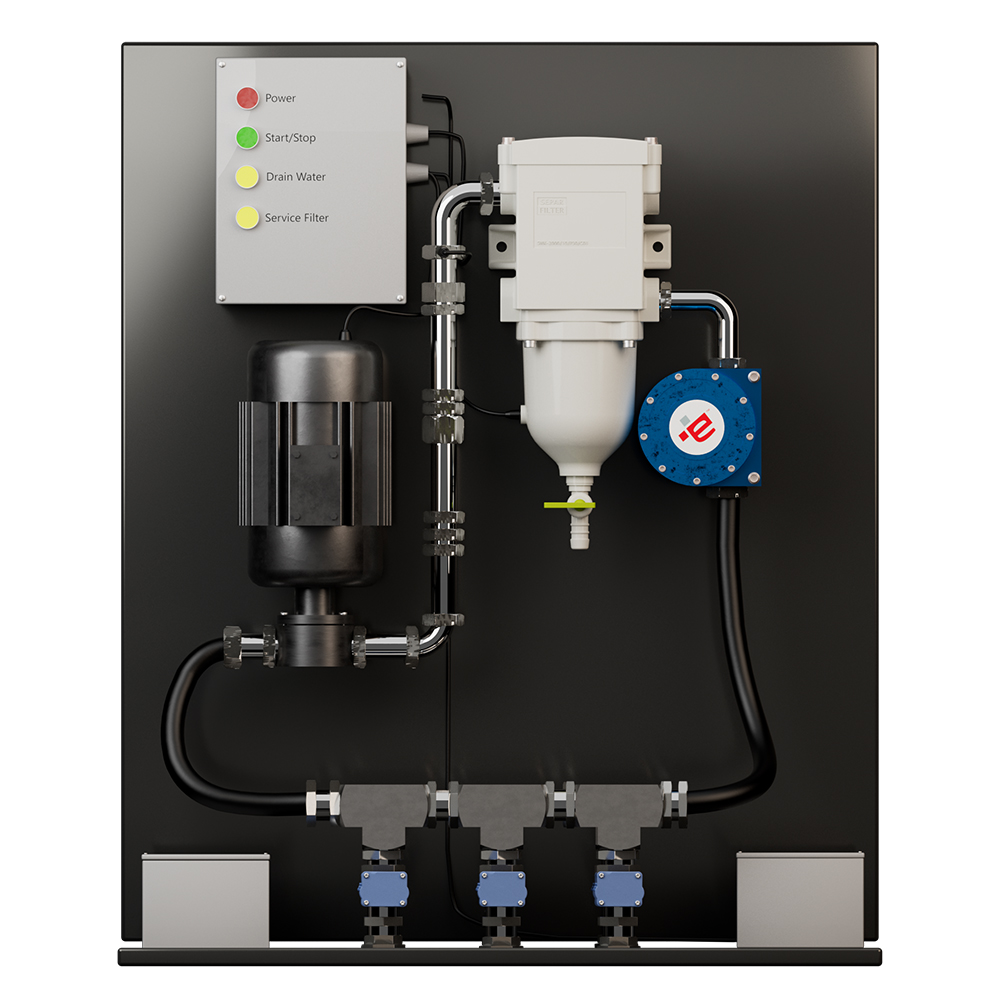Fuel Cleaning Polishing Systems: Exploring Their Mechanisms and Benefits
Fuel cleaning polishing systems play a crucial role in maintaining the efficiency and longevity of engines by removing impurities from fuel. These systems are essential for various industries, including automotive, marine, and aviation.
Mechanisms: These systems typically consist of filters and separators designed to remove contaminants such as water, sediment, and microbial growth from fuel. They employ various methods such as filtration, centrifugation, and coalescence to achieve thorough purification.
Benefits:
- Optimal Engine Performance: By removing impurities, fuel cleaning polishing systems ensure clean fuel reaches the engine, preventing clogs and malfunctions that can degrade performance.
- Enhanced Fuel Efficiency: Cleaner fuel combustion leads to improved fuel efficiency, reducing fuel consumption and operational costs.
- Extended Engine Life: Removing contaminants helps prevent premature wear and damage to engine components, prolonging the engine’s lifespan.
- Reduced Maintenance: With fewer contaminants reaching the engine, maintenance requirements decrease, saving both time and money.
- Environmental Benefits: Cleaner fuel combustion results in lower emissions of harmful pollutants, contributing to environmental sustainability and regulatory compliance.
Applications: Fuel cleaning polishing systems find application in a wide range of industries, including:
- Automotive: Used in both gasoline and diesel vehicles to maintain engine performance and meet emission standards.
- Marine: Essential for marine vessels to ensure reliable operation and comply with maritime regulations.
- Aviation: Crucial for aircraft to maintain fuel purity, prevent engine failures, and ensure safety during flight.
Considerations: When selecting a fuel cleaning polishing system, consider factors such as:
- Flow Rate: Ensure the system can handle the required fuel flow rate to meet the demands of the application.
- Filter Efficiency: Choose filters with high efficiency ratings to effectively remove contaminants from the fuel.
- Compatibility: Verify compatibility with the type of fuel used (e.g., gasoline, diesel, jet fuel) and the specific requirements of the engine or equipment.
In conclusion, fuel cleaning polishing systems are indispensable for maintaining the reliability, efficiency, and longevity of engines across various industries. By investing in these systems, users can ensure cleaner fuel delivery, leading to optimized performance, reduced maintenance, and environmental sustainability.



